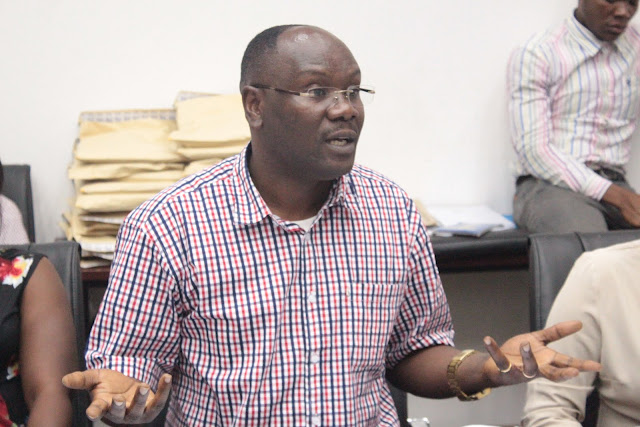According to the World
Population Review, it is estimated that by 2014 the population of Tanzania had hit
the 50.8 million mark. A 2012 report by National Bureau of Statistics shows the
total labour force of Tanzania Mainland of people aged 15 and above to stand at
21,295,061. Also, a huge proportion of active labour force comprises young
people.
Indeed, the core
problem facing youth in Tanzania is unemployment. A survey by a non-governmental
organisation, known as Restless Development, revealed that only 14 per cent are
working in a formal, wage-earning job nation-wide.In fact, unemployment
among fresh graduates in Tanzania has continued to be an issue of great concern
since these young graduates always come across the challenge of inadequate job
opportunities after completing their academic programme in universities and
colleges.
This problem is
prompted by various reasons, including the teaching and learning methods
applied in most universities and colleges, which are more theoretical oriented
than practical, hence equipping students with only theories but no practical
skills that would make it easy for them to be self-employed. Lack of practical
skills makes them not only look
incompetent in the job market but
also incapable of self-employment.
For this reason,
most employers ignore fresh graduates. Furthermore, with no practical skills,
graduates fail to start up their own businesses or gainful ventures.
This problem has its
root is the Tanzania education system where the annual enrolment of fresh
graduates in both public and private universities is constantly high but the
number of employment vacancies is still not enough to absorb all the graduates
in the job market. The two major sectors can only absorb a few number of
graduates compared to the total number of graduates completing studies each
year.
Also, there is
concentration of jobs in particular sectors which tend to open up more
opportunities for graduates on that particular area compared to other degree
programmes. A good example is the Public Relations programme, which is a new field
in the country in terms of direct training with only a few organisations and
companies bothering to hire people. As a result most graduates on this field
remain unemployed. New graduates who have experienced this programme have
called on the particularly policy-makers to address this issue.
In addition, the
problem of unemployment is also caused by some of the organisational systems
which tend to list a lot of requirements such as a person with 3-5 years
experience to acquire employment; this is a challenge to fresh graduates since
they do not have such experience on their resume.
Also, some
organisations are simply not friendly to youths and this may limit fresh
graduates from getting employments. In most cases, it is the old people who
orchestrate this trend by ignoring the youth’s intellectual contribution and,
hence, this challenge limits graduates from getting employment.
Higher learning students
are also urged to work very hard during field practical training so that they
can be recommended in case of job opportunities, but it may also add up to
their requisite working experiences since employers generally complain that
most of the fresh graduates tend to have only high grades but devoid of
practical skills to apply in the job market.
Furthermore,
undergraduates are advised to take part in volunteering and internships programmes
related to their fields as it may help them to acquire skills and on-the-job experience
which will help them in the job market. A good example can be seen at the
School of Journalism and Mass communication of University of Dar es Salaam
(SJMC) where there are media outlets which provide opportunity to students to
acquire skills through volunteering and internships.
Also,
undergraduates are advised to involve themselves in social clubs or special
training programmes offered in universities and colleges. This can add value to
them in terms of teaching them how to be good team players, communication and
presentation skills. Example of such clubs is gender club.




























